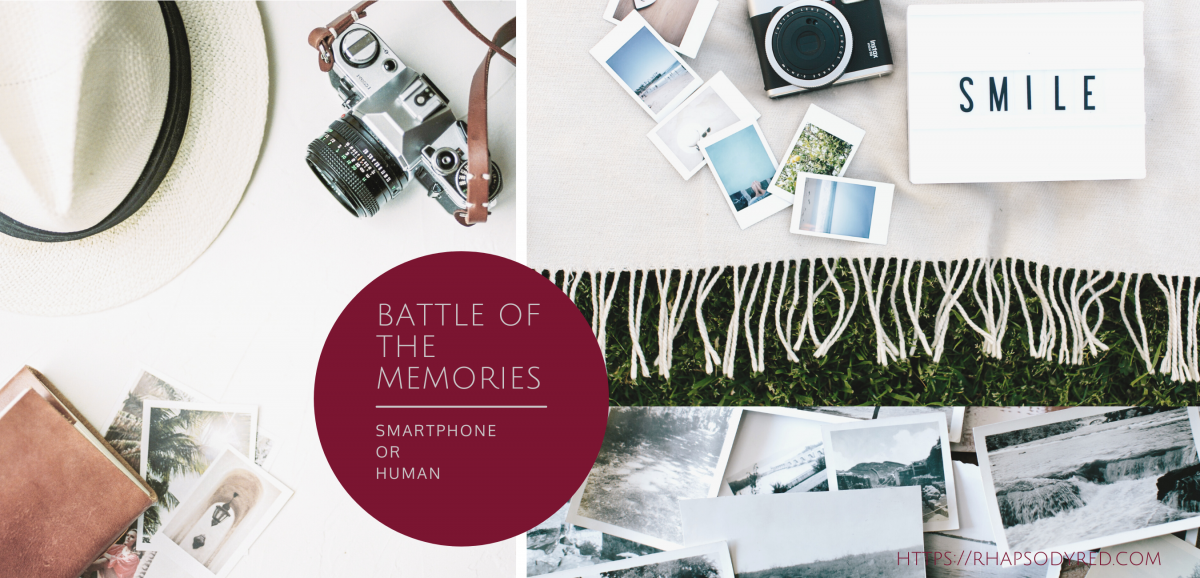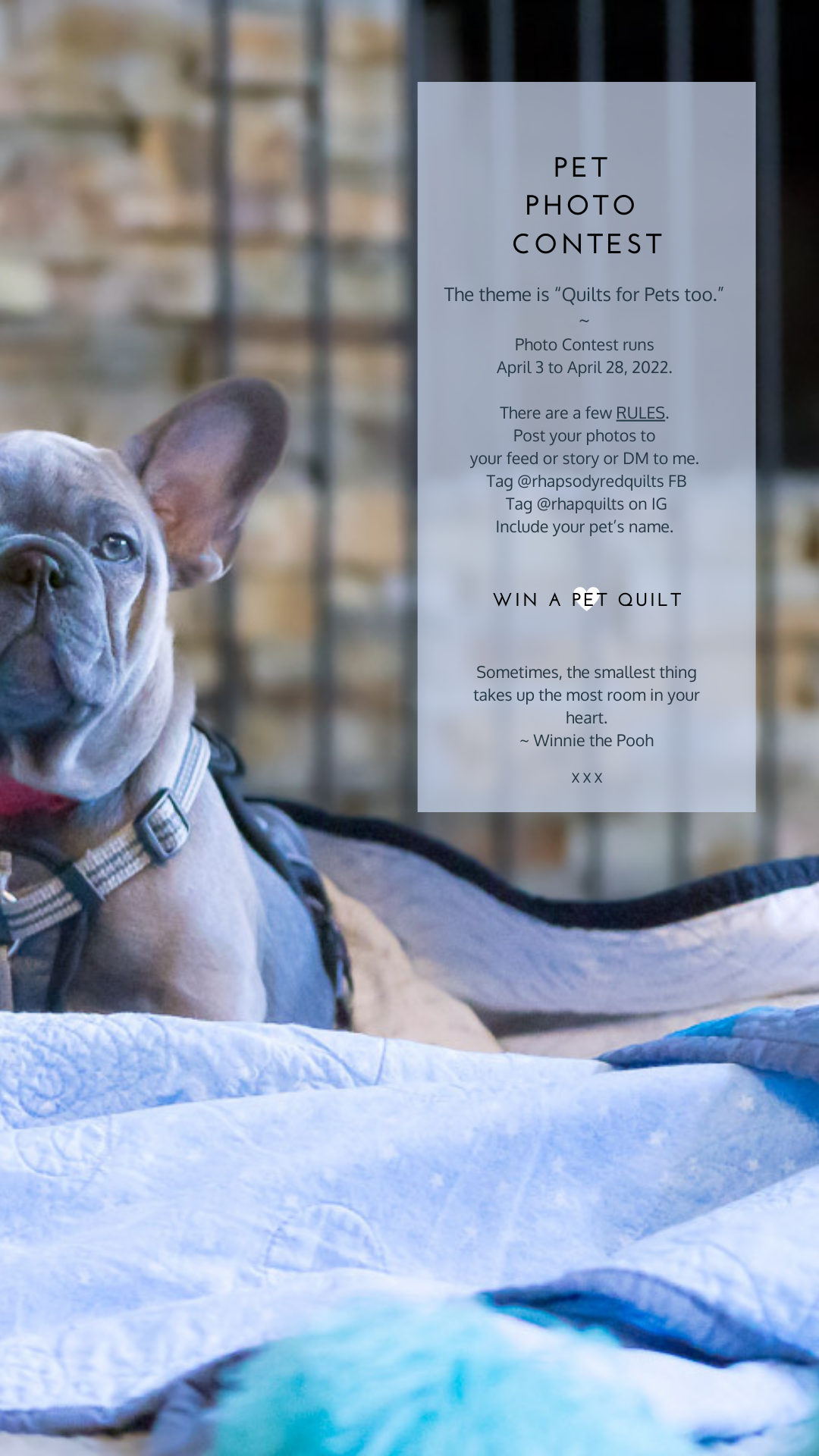Is the smartphone taking the place of our memory? I think there isn’t a clear answer. Read on; which side do you fall on?
I am the family photographer and usually find myself behind a camera or iPhone at family events. And to be perfectly transparent, as an introvert, being behind the camera allows me to not join in on uncomfortable conversations. Using the camera as a crutch for reducing my interaction with people is not a good thing. I’ll need to work on that.
I have piles of photographs, literally, from the film days and oodles of digital images from the current day and love to scrapbook our lives. There are dozens of scrapbook albums in our study. Yeah, that’s why I do it, and it sounds like a good idea……. I pride myself in catching moments as creative photographs, not just “snapshots.” My goal is to have artistic photographs mixed in with all the snapshots that add pizzazz to the scrapbooks and excite people sharing the memories with us. And in today’s world, who doesn’t love a picture-perfect moment for social media. You catch the moment, share it, and relive it with friends and family as you reminisce over the scenes.
Let me unravel a few things from my thoughts above.
If you are behind the camera, are you living the moment or on the sidelines? are your memories sketchy.
Being that I often find myself in that position, I don’t live the moment, and I don’t realize it until later. What will my memories be? I tell myself I can and will focus on both the event as well as clicking the button. But I am not at the moment. It feels like a never-ending circle of promises to myself and disappointment. But I catch the photograph. Seeing the moments from behind the camera limits you. Sure you know what happened. After all, you caught the shot. Will you remember all the details? Will the memories start fading more quickly?
The things you miss are all the other senses of the moment and everything in the periphery. Could you feel the air swoosh by when the cars passed you during the Daytona 500? What about that other pile-up (the one you weren’t photographing)? What about what was happening in the stands?
An experience has more staying power when captured by all the senses; sight, smell, hearing, taste, feeling.
We don’t document the moments we live anymore; we live the moments we document. Quoting Vlad Savov “The order was: memorable experience or sight first, totemic photograph second. We’ve now completely reversed that order. We shoot first and try to remember later.” The photograph should be the trigger.
But we still remember, or do we? Yes, and no. Details may be blurry. And the smartphone recorded the moment, and it is now stored permanently in a memory bank. What does all that mean? I think it is a seesaw of good and concern.
Is the photograph indicative of the moment? Will that help you remember the details? What will the memories be?
If you are counting on smartphones to help you remember moments and details, do they? Does a memory change based on how you feel about the moment? What if you were scared by something? You probably remember that dog as a more giant, more muscular dog, or did the dog appear to have more giant teeth.
Do you remember the facts, or do you remember how it felt?
Now we have to ask, which memory do you want to remember, the one guided by your feelings and smells or the “accurate” one?
Are your memories improved because you can share them with friends and family? “Everything is a trade-off,” Nathaniel Barr, a psychology professor at Sheridan College, says. “If you snap a shot and share it, you’re going to be able to relive that experience with others. If you didn’t, it’s going to be isolated to yourself. There’s both good and bad about that.”
Once you share it, the memory evolves into memory as lived by that group of people together instead of just your memory. It’s a merged memory. But that’s good, right?
How do you stop memories from fading away?
Brian Resnik on www.vox.com writes about the potential positive and negative effects of smartphones. We can be distracted from all the senses of the experience. Still, at the same time, a picture helps sharpen the details that fade away in our memories.
The dilemma again, you don’t experience the moment fully. Still, between sharing experiences and viewing the snapshot, the memory stays fresher although skewed through a merged vision of the group. How do you reconcile?
I know my truth to be activities and events over material goods when I choose to spend my time and money. When our kids were growing up, we consistently chose experiences over stuff. And enjoying activities create memories. Live in the moments, with a focus on documenting sprinkled in now and then. Remember there are other things that can create the memory trigger as well. You can pick up a memento that will remind you of the experience.
Buy the t-shirt! Let that be the trigger.
What’s your favorite t-shirt? Does it have a story? What’s your memory of the story?



